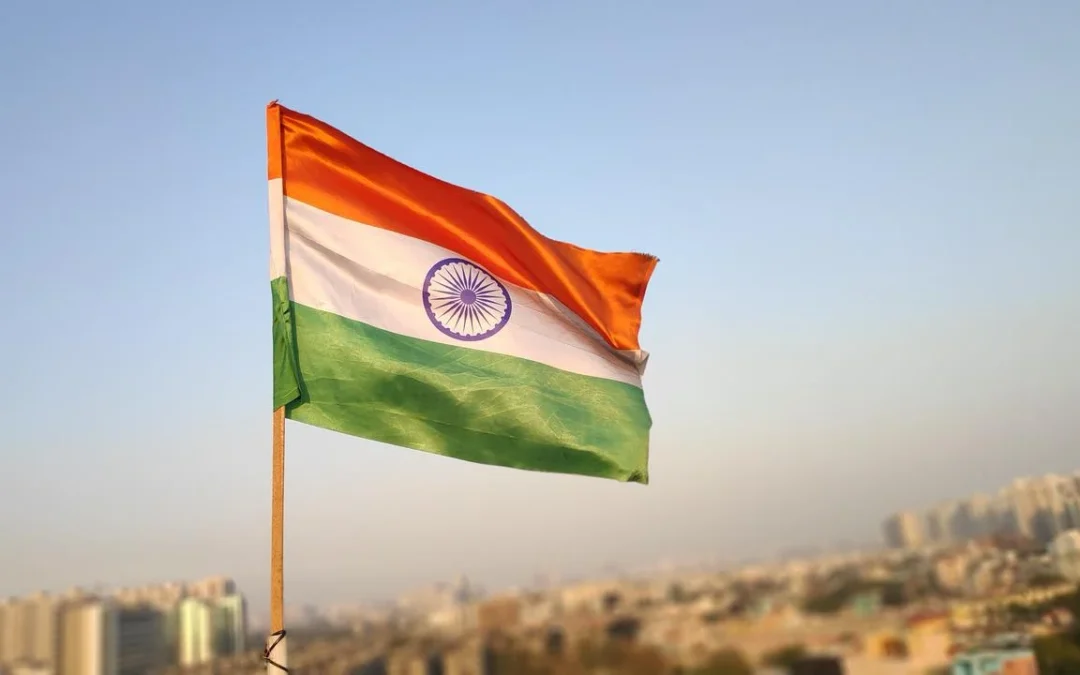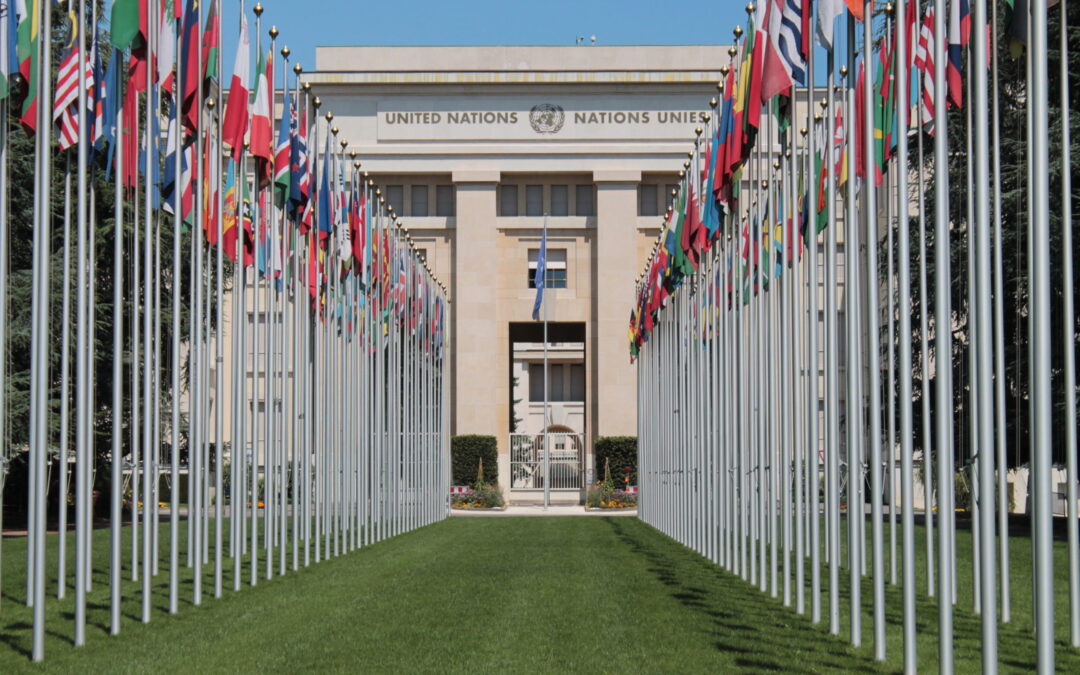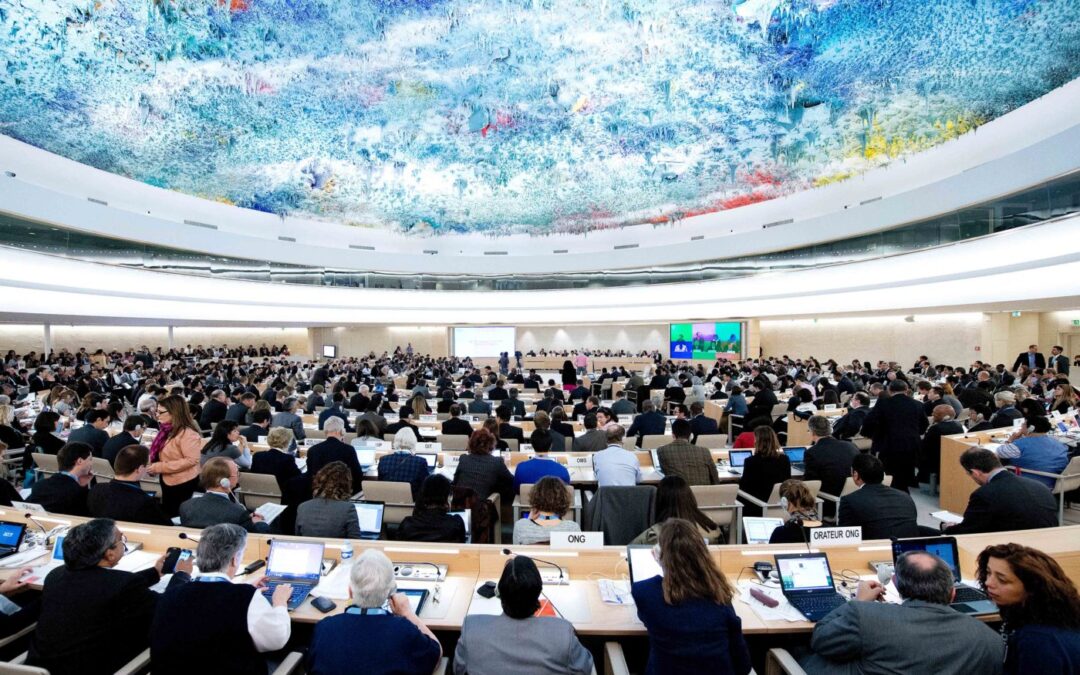
Apr 26, 2022 | News, Publications
Israel must end the cycle of impunity for crimes under international law committed by Israeli Defence Forces (IDF) in the Occupied Palestinian Territory and overhaul its accountability framework and procedures, the ICJ said today.
Until then, the international community should fully support the International Criminal Court’s (ICC) investigation into the Situation in Palestine, as the sole avenue of accountability for past and ongoing crimes falling under the jurisdiction of the Court.

Mar 31, 2022
Ahead of the 41st Session of the Working Group on the Universal Periodic Review (UPR) in November, the International Commission of Jurists made a submission to the UN Human Rights Council (HRC) on the UPR of India.

Mar 22, 2022 | Advocacy, Non-legal submissions
The ICJ today alerted the UN Human Rights Council, during a general debate, on the situation of serious human rights violations in the Russian Federation, Kazakhstan, Egypt and Jammu and Kashmir and called on it to work towards ensuring accountability.

Mar 21, 2022 | Advocacy, Non-legal submissions
The ICJ, today and last Friday, delivered oral statements before the UN Human Rights Council during dialogues with the UN Secretary General and the UN High Commissioner for Human Rights calling for accountability for crimes and human rights violations, including arbitrary stripping of citizenship, in Myanmar

Mar 18, 2022 | Advocacy, Non-legal submissions
The ICJ today delivered a statement before the UN Human Rights Council during the interactive dialogue with the Commission of Inquiry on Syria.









